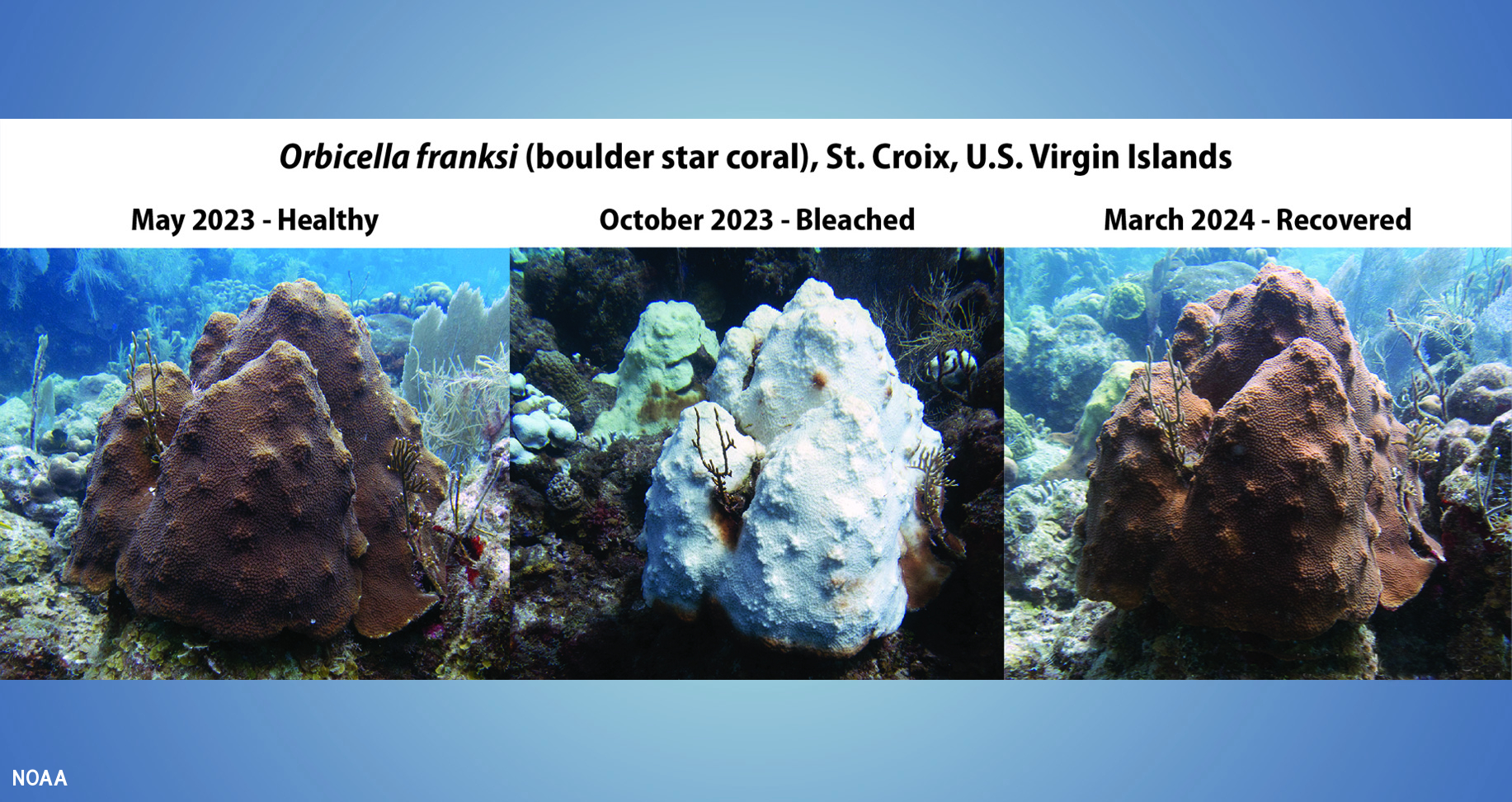We are currently experiencing a global coral bleaching event – the fourth such event on record and the second in the last decade – the National Oceanic and Atmospheric Administration (NOAA) announced Monday (April 15).
“From February 2023 to April 2024, significant coral bleaching has been documented in both the Northern and Southern Hemispheres of each major ocean basin,” NOAA’s Dr Derek Manzello said in a statement released by the agency.
In that time, mass bleaching has been confirmed throughout the tropics, affecting coral from Florida and the Caribbean to Brazil, the Red Sea, and Australia’s Great Barrier Reef.
After months of record-breaking heat across the globe, it’s no surprise the spike in temperature is taking its toll on coral, which is very sensitive to heat stress.
“As the world’s oceans continue to warm, coral bleaching is becoming more frequent and severe,” Manzello added. “When these events are sufficiently severe or prolonged, they can cause coral mortality, which hurts the people who depend on the coral reefs for their livelihoods.”
Bleaching happens when corals become stressed by changes in their environment, such as warming waters, and expel the symbiotic algae that live in their tissues, causing them to turn completely white. It can also occur in response to changes in light or nutrients, or if water becomes too cold.

A boulder star coral in St. Croix in the Caribbean as it shifted from healthy (May 2023), to bleached (October 2023), to recovered (March 2024).
Image credit: NOAA
NOAA’s Coral Reef Watch has been monitoring bleaching-level heat stress since 1985, using sea surface temperature data from satellite measurements. The current global bleaching event is the fourth on record: the first was in 1998, followed by events in 2010 and 2014-17 – each of which was worse than the last.
According to Manzello, more than 54 percent of the world’s coral area has experienced bleaching-level heat stress in the past year, and this appears to be increasing by around 1 percent a week, he told the New York Times.
Within a couple of weeks, “this event is likely to be the most spatially extensive global bleaching event on record,” Manzello predicted.
Though bleaching doesn’t kill the coral, it does leave it exposed to disease and at greater risk of dying off. This is bad news for corals and the ecosystems they support, but also impacts the communities relying on them, and can be detrimental to economies, livelihoods, and food security, among other things.
Thankfully, coral can recover if the stress driving the bleaching is removed. Efforts are already being made, by the likes of the NOAA, to help restore the world’s coral reefs. In Florida – which experienced an unprecedented heatwave last year – for example, they are attempting to move coral nurseries to deeper, cooler waters and use sunshades to protect corals in other areas.
But in light of the latest announcement, it’s clear even more needs to be done across the world to protect this vital ecosystem from further bleaching.
Source Link: World’s 4th Global Coral Bleaching Event Confirmed – And It Could Be The Worst Yet